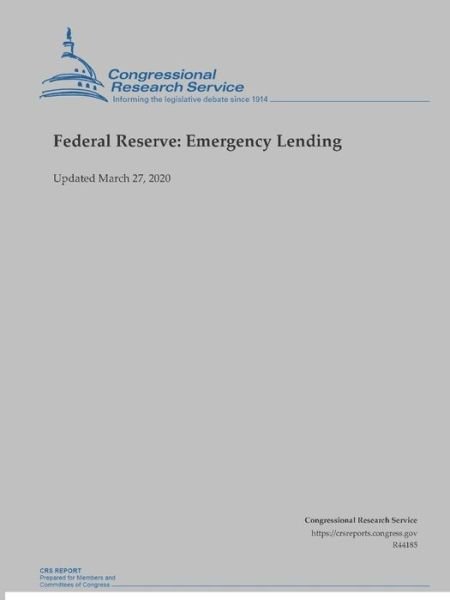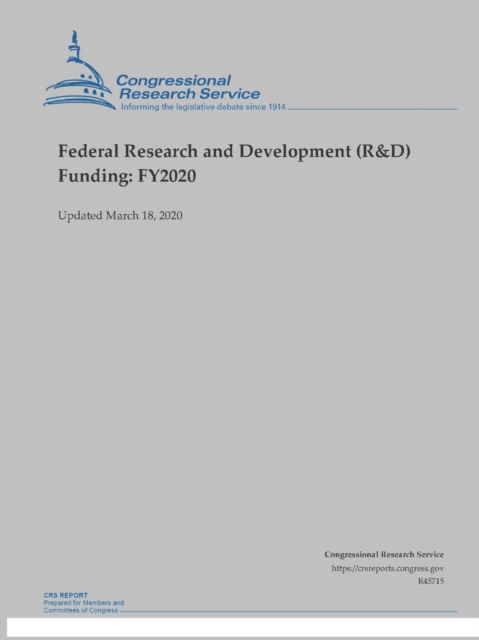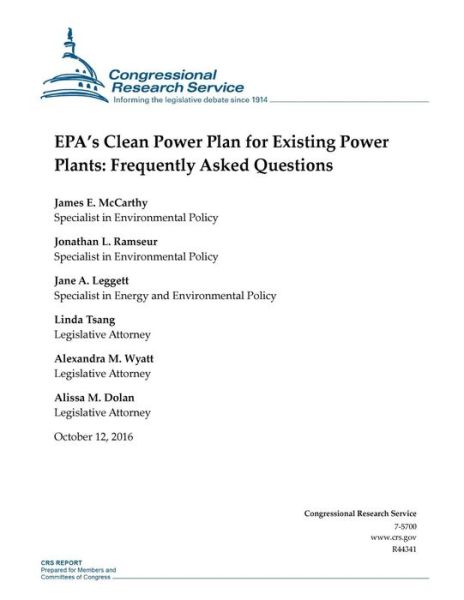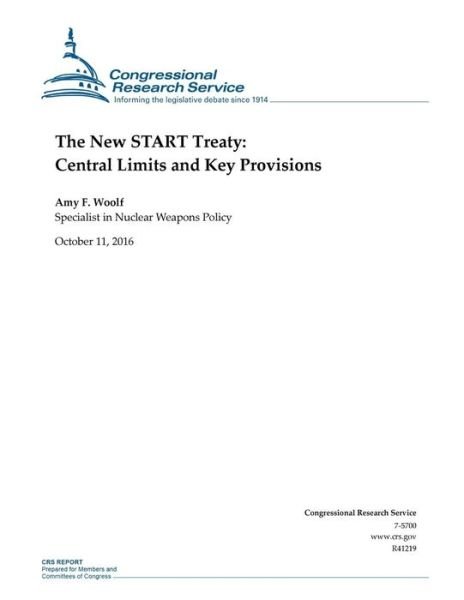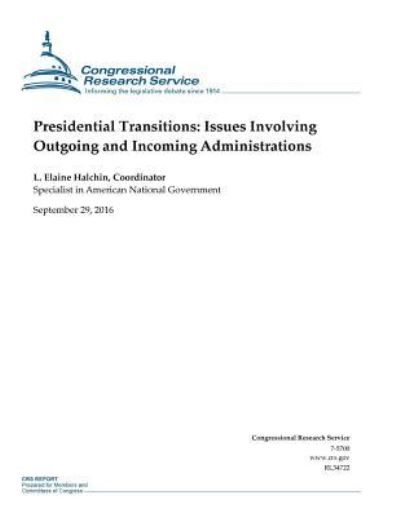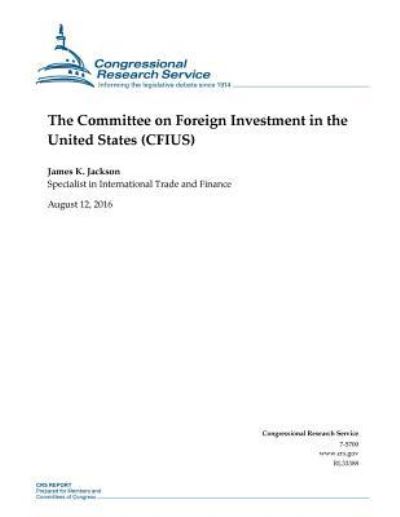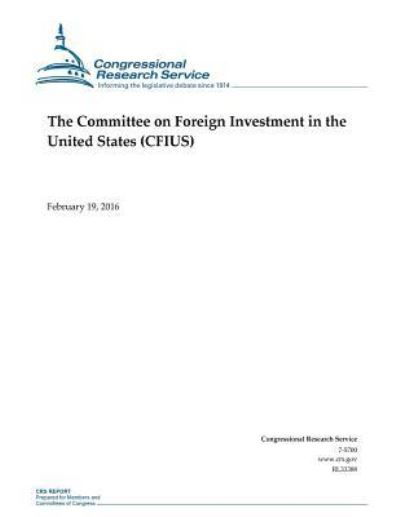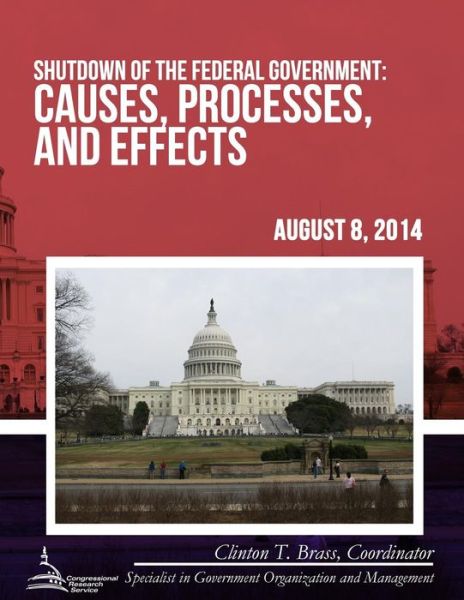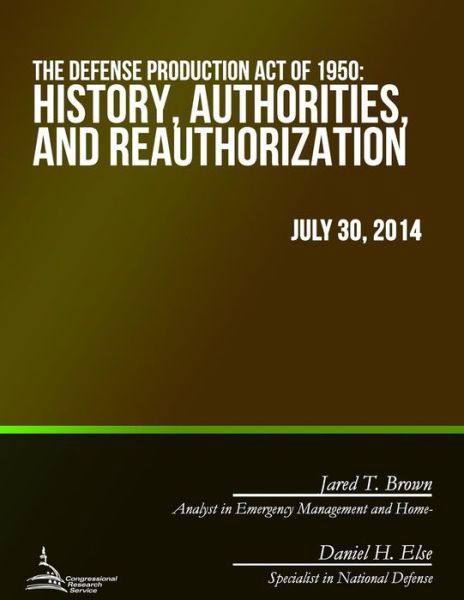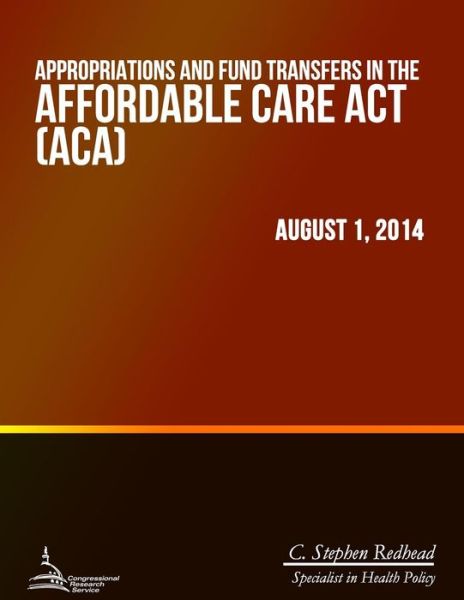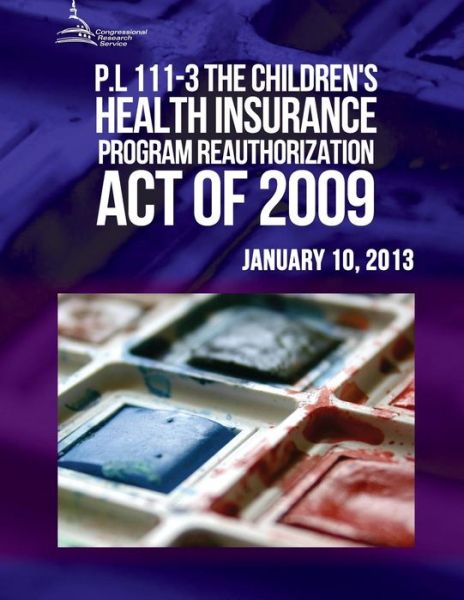
Vertel uw vrienden over dit artikel:
EPA's Proposal to Repeal the Clean Power Plan
Congressional Research Service
EPA's Proposal to Repeal the Clean Power Plan
Congressional Research Service
In 2015, when the U. S. Environmental Protection Agency (EPA) promulgated the Clean Power Plan to reduce greenhouse gas emissions from fossil-fueled electric power plants, it concluded that the benefits of reducing emissions would outweigh the costs by a substantial margin under the scenarios analyzed. EPA estimated benefits ranging from $31 billion to $54 billion in 2030 and costs ranging from $5.1 billion to $8.4 billion in 2030, when the rule would be fully implemented. In proposing to repeal the rule in October 2017, EPA revised the estimates of both its benefits and costs, finding in most cases that the benefits of the proposed repeal would outweigh the costs of the proposed repeal. However, EPA found that under other assumptions, the costs of the proposed repeal would outweigh the benefits of the proposed repeal. This report examines the changes in EPA's methodology that led to the revised conclusions about how benefits compare to costs. Three changes to the benefits estimates of the proposed repeal drive the agency's new conclusions. First, it considered only domestic benefits of the Clean Power Plan in its main analysis, excluding benefits that occur outside the United States. Second, it used different discount rates, including one higher rate, than the 2015 analysis to state the present value of future climate benefits expected from the Clean Power Plan. Third, the analysis reduced some estimates of the human health "co-benefits"-that is, the benefits resulting from pollutant reductions not directly targeted by the Clean Power Plan. Specifically, several scenarios assumed no health benefits below specified thresholds for some air pollutants. EPA also changed the accounting treatment of demand-side energy efficiency savings. EPA's 2015 analysis treated savings from energy efficiency measures as a negative cost, whereas the 2017 analysis treated them as a benefit. Using the terminology of the proposed repeal, EPA moved energy savings from the cost savings estimate to the forgone benefits estimate. There was no change in the difference between benefits and costs because the benefits and costs increased by the same amount. This change took on more significance in a separate analysis that EPA conducted to analyze the cost savings of the proposed repeal. EPA based one set of benefit-cost estimates of the proposed repeal on its 2015 power sector modeling, which does not reflect changes that have since occurred in the power sector. EPA based the other set of benefit-cost estimates on more recent power sector projections from the Annual Energy Outlook 2017. The power sector changes subsequent to 2015 are potentially important and include changes in expected electricity demand, expected growth in electricity generation by renewable energy technologies, retirements of older generating units, changes in the prices and availability of different fuels and renewables, and state and federal regulations. While modeling differences render the two sets of estimates incomparable, both sets of estimates show a range of costs exceeding benefits (i.e., net costs), and benefits exceeding costs (i.e., net benefits) of the proposed repeal. EPA stated that it plans to update the power sector modeling and make it available for public comment before it finalizes the proposed repeal. This forthcoming analysis may show the extent to which updated power sector projections may change EPA's benefit-cost estimates.
| Media | Boeken Paperback Book (Boek met zachte kaft en gelijmde rug) |
| Vrijgegeven | 11 maart 2018 |
| ISBN13 | 9781986425582 |
| Uitgevers | Createspace Independent Publishing Platf |
| Pagina's | 28 |
| Afmetingen | 216 × 280 × 2 mm · 90 g |
| Taal en grammatica | Engels |
Meer door Congressional Research Service
Bekijk alles van Congressional Research Service ( bijv. Paperback Book en Book )

 Kerstcadeautjes kunnen tot en met 31 januari worden ingewisseld
Kerstcadeautjes kunnen tot en met 31 januari worden ingewisseld


